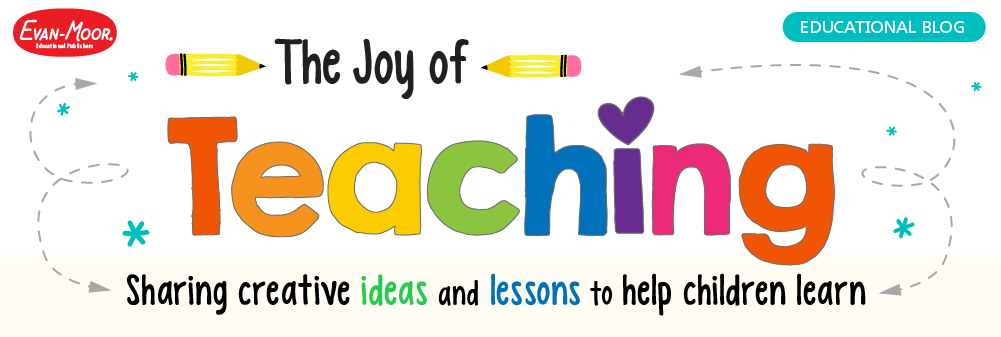 Six-year-old Sofia arrives at school with her parents. She opens the classroom door and guides them over to her desk. She gathers chairs so she and her parents can cluster together. Amidst the hum of several other students conferencing with their parents, she leads them through a multi-subject portfolio of her work. Sofia reads aloud an “I Can” standard before explaining each work sample. She answers her parents’ questions and demonstrates what she has learned.
Six-year-old Sofia arrives at school with her parents. She opens the classroom door and guides them over to her desk. She gathers chairs so she and her parents can cluster together. Amidst the hum of several other students conferencing with their parents, she leads them through a multi-subject portfolio of her work. Sofia reads aloud an “I Can” standard before explaining each work sample. She answers her parents’ questions and demonstrates what she has learned.
My adventure with student-led conferences began about ten years ago. It began when two colleagues and I attended a conference focused on strategies for motivating students. We plunged in nervously, but it was so successful that we never returned to traditional conferences.
What are some benefits of student-led conferences?
- Students and parents are motivated and empowered by active participation.
- Parents become directly aware of grade-level expectancies and their child’s progress.
- Students have the opportunity to synthesize their learning, as well as analyze and drive their own progress—a great way to integrate Common Core methodology.
Getting started:
Custom design student-led conferences to work in your school setting. We decided upon scheduling one or two broad time windows for simultaneous conferences during our regular conference weeks. We estimated that conferences would last about 30 minutes each. We called it the Celebration of Learning.
Plan for the age of your students. We assisted students in putting together their portfolios. A corresponding standard translated into kid-friendly language was attached to each work sample. The week before conferences, we engaged our classes in role-playing practice. This included everything from how to welcome parents to conducting the conference.
Encourage parents not to bring siblings. We wanted parents to pay full attention to their student.
Be flexible. Most families attended the scheduled Celebration of Learning event. This freed up many time slots for anyone needing an alternative appointment.
Provide a list of questions parents can ask their child. Stapled on the back of the portfolios were a set of questions for parents to ask their child. Questions included: What are you really good at in school? What do you need to work on? Are you doing your best? If not, why? How can I help you at home with your schoolwork?
Make it fun! Students were excited to prepare their portfolios and take invitations home for the Celebration of Learning. After their conference, students took their portfolios and a tasty treat to share with their parents.
Back to Sofia’s conference…I hear Sofia ask her parents to help her read at night and log her minutes. She shakes her parents’ hands and thanks them for coming. I talk with Sofia’s family. They are excited to share their observations, acknowledge her progress, and discuss how they can work together at home. They leave together, excited for the next school day.
 Marti Beeck started her career in education as a parent volunteer in her three children’s classrooms. Her teaching experience, including adult school, intervention, and the primary classroom, was inspired by her background in psychology and interest in brain-based learning. Marti currently works in the field of educational publishing as an editor.
Marti Beeck started her career in education as a parent volunteer in her three children’s classrooms. Her teaching experience, including adult school, intervention, and the primary classroom, was inspired by her background in psychology and interest in brain-based learning. Marti currently works in the field of educational publishing as an editor.

4 Comments
Leave a reply →